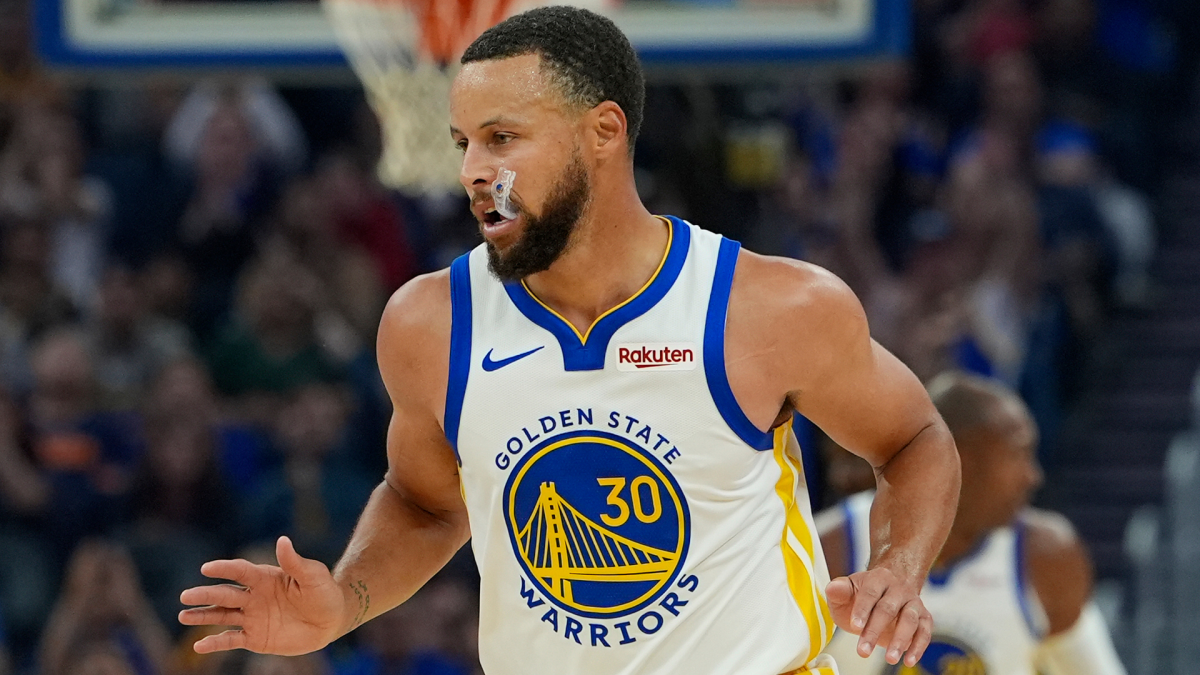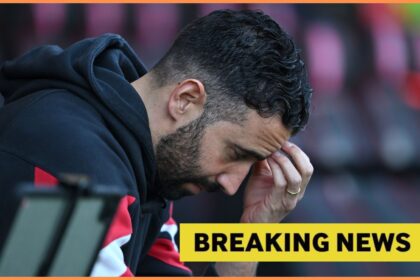Stephen Curry, the NBA superstar, recently ended his long-standing partnership with Under Armour, a relationship that began in 2013. One factor leading to this split was Under Armour’s failure to secure a deal with rising women’s basketball star Caitlin Clark. Clark chose to sign an eight-year, $28 million contract with Nike instead, which also included her own signature shoe. Although Under Armour offered Clark a shorter four-year, $16 million deal that was better on an annual basis, it wasn’t enough to match Nike’s commitment.
Curry expressed gratitude toward Under Armour for supporting him early in his career but revealed growing frustration over the years, specifically regarding the company’s lack of investment in his brand and its underwhelming sales performance. Despite the split, Curry’s personal brand, the Curry Brand, will continue to operate independently, allowing him to partner with other sneaker companies as a free agent.
Nike’s dedication to Clark includes naming her a “signature athlete,” unveiling a unique logo for her, and planning to launch her first signature shoe in 2026. Industry experts predict Clark’s signature sneakers could generate over $100 million, far surpassing her initial contract value. Under Armour’s reluctance to fully commit to Clark, one of the most popular young athletes in women’s basketball, is viewed as a strategic misstep, amplified by Curry’s departure.
Fan Take: This development is significant because it highlights the shifting power dynamics in sports endorsements, especially with emerging women’s basketball stars gaining lucrative deals. For basketball fans, it signals a growing recognition and investment in women’s basketball talent, which could elevate the sport’s profile and inspire more inclusive brand representation in the future.



